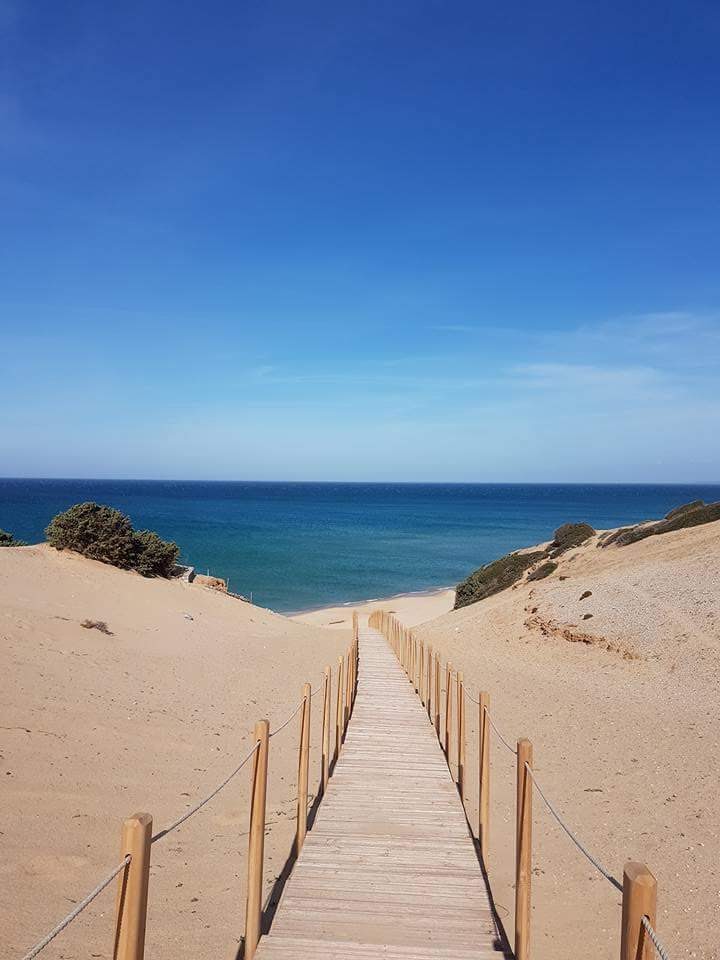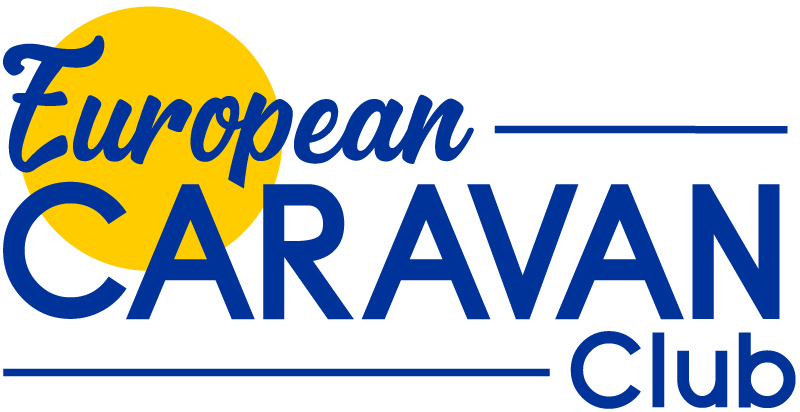Caravanning Abroad Checklist

Before You Travel
-
What do I need to do?
- Check the speed limits for cars and cars towing caravans
- Check your insurances will cover you for the countries you intend to visit and the duration of the visit
- Ensure your caravan has been fully serviced within the previous 12 months to avoid any issues
- Get your mobile phone(s) enabled for European roaming
- Check your EHIC card and passport have not expired
Travel Insurance
-
What is it?
This is one item you really shouldn't leave home without. Give consideration to specialist travel insurance. Cover may include:
- European motor breakdown roadside assistance, repairs and recovery
- The choice of annual multi-trip, single trip and winter sports travel cover
- Emergency medical service and repatriation
- Personal possessions cover including lost/stolen passport and money
- Personal liability and legal protection
- Protection against unavoidable cancellation or cutting short your holiday
- Pet care cover including repatriation
- 24-hour emergency phone line
Personal Items
-
What's Compulsary?
- Passport (plus visa in countries where it’s necessary)
- Driving licence
-
What's Compulsary in some countries or highly recommended?
- EHIC card (for reciprocal healthcare in EU countries)
- Travel insurance and relevant documents
-
What's good to have?
- Local currency
- NHS medical card and list of any medication
- Spare glasses for driving and/or reading (if needed)
- Travel insurance documents
- Phrase book or dictionary
- Maps, guides and directions to campsites, even if you are using your sat-nav
- Contact numbers for bank and credit cards
- ACSI card or Camping Key Europe (campsites will often accept these as a form of ID in place of passports)
Car and Caravan Items
-
What's Compulsary?
- GB stickers or EU number plates
- Headlight converters or adjusted beams
- Warning triangle
- High-visibility vests for all occupants
- Towing mirrors
- Car insurance certificate
- V5C (car log book)
- Proof of MoT (for vehicles more than three years old)
-
What's Compulsary in some countries or highly recommended?
- Second warning triangle
- Fire extinguisher
- High vis jacket’s for the number of people traveling in the vehicle
- First aid kit
- Disposable breathalysers (France)
- Winter tyres and/or snow chains (in winter)
- Vignette for motorway travel (may need one each for the car and caravan)
- Daytime running lights
- Caravan insurance certificate
- Your caravan’s CRiS registration document
-
What's good to have?
- International driving permit if you have an old paper licence
- Spare fuses
- Spare keys
- Spare bulbs
- Spare wheels
- Campinggaz adaptor or regulator
- Tool kit (including jack)
- Mains polarity testers
- Two-pin European adaptor
- European Accident Statement Form (for accidents where the police do not attend)
Electricity Abroad
-
How does it work?
Most continental campsites have hook-up points that will accept our blue three-pin plugs but it's worth taking a two-pin continental adaptor, in case...
Reverse polarity is quite common abroad where it is not really a safety issue because continental switches cut the power on both the live and neutral wires. In the UK it is usually just the live that is disconnected. So, if the polarity is reversed, an appliance can remain live when switched off. This is only a problem if you touch an exposed part within the appliance, such as an element in a toaster, but it's a situation that's best avoided.
A cheap plug-in neon tester can check for reverse polarity. Simply fix the problem by making up a clearly marked adapter with the live and neutral cables swapped. Alternatively, if connected via a two-pin continental plug, it may be possible to turn the plug upside down.
You may encounter low voltage, leading to reduced performance of appliances. Mainland Western Europe has an electricity supply nominally rated at 220V whereas the UK uses 240V. To cope with this difference, appliances for Western Europe are designed to run at 230V.
Got Gas?
-
How does it work?
With the exception of Campinggaz, LPG cylinders purchased in the UK cannot be refilled abroad. BP's GasLight cylinders were meant to change all that but it never really happened and BP has since sold its cylinder business to various local operators.
The answer is to try to take all the gas you think you'll need and take a Camping Gaz adapter and suitable hose as a backstop. If you do run out of gas, the adapter allows you to use Camping Gaz cylinders in place of your usual ones. This isn't very cost effective but it does get you out of a hole. However, if you're planning an extended stay you may need to purchase cylinders and adapters locally.
Fridge Performance
-
What's Different?
Caravan fridges work differently from those in our homes and often struggle when ambient temperatures get much above 32°C. This can easily happen on the Continent during summer, so try to ensure the fridge vents get as much fresh air as possible. Simply removing the vent louvres can help to improve the airflow by eliminating the slight restriction they impose.
General Advice
-
How is driving different?
Beware that in many countries where you drive on the right, drivers are required to give way to vehicles approaching from the right at uncontrolled intersections. It's a system known as priority to the right or priorité à droite in France.
In some countries, such as Switzerland, pedestrians generally have right of way on crosswalks and expect vehicles to stop. In Holland, cyclists have right of way on all roads they are permitted to use. They're even allowed to ride the wrong way down a one-way street. -
Is there anything I need to display?
Outfits more than 12 metres long travelling to Spain must display suitable reflective signage at the rear. The signs should be made from aluminium and have ECE70 stamped on them. More details from hgvdirect.co.uk.
